Washington state's residential landscapes are as diverse as its geography, with each region presenting unique challenges and opportunities for nurturing healthy lawns. From the arid plains of the Columbia Plateau to the lush coastal communities, homeowners must navigate a range of factors to maintain vibrant grass growth. Join us as we go over the best grasses to use in lawns for the five major regions of Washington state.
Tall Fescue For The Columbia Plateau

Residential areas in the Columbia Plateau face distinct challenges due to the region's semi-arid climate and volcanic basalt soils. Homeowners must adopt strategies to conserve water and promote grass growth in this dry environment.
Tall fescue is best suited for the Columbia Plateau due to its drought tolerance and adaptability to well-drained volcanic basalt soils. It can withstand the region's hot summers and limited precipitation, making it an ideal choice for homeowners seeking low-maintenance lawns in this semi-arid region.
Factors Impacting Lawn Care
- Water Conservation: With limited precipitation and low water retention soils, homeowners in the Columbia Plateau must prioritize water conservation in their lawn care practices. This includes using drought-tolerant grass species like tall fescue and implementing efficient irrigation systems.
- Soil Management: The nutrient-rich but poorly-drained basalt soils of the Columbia Plateau require proper soil management techniques to support healthy grass growth. Homeowners may need to amend the soil with organic matter and ensure adequate drainage to prevent waterlogging.
- Heat Tolerance: Grass species selected for residential lawns in the Columbia Plateau must be heat-tolerant to withstand the region's hot summers. Heat-resistant varieties like buffalograss have been used in this region, but a cool-season grass with high heat tolerance is the better option.
Fine Fescue For The Rocky Mountain Region

Landscapes in the Rocky Mountain Region face unique challenges due to the region's high elevation, variable precipitation, and rugged terrain. Lawn care enthusiasts in the area must adapt their practices to account for these factors.
Fine fescue is well-suited for the Rocky Mountain Region's higher elevation areas thanks to its resilience to cooler temperatures and shorter growing seasons. Its adaptability to variable precipitation and ability to provide greenery year-round enhance the aesthetic appeal of lawns in mountainous landscapes.
Factors Impacting Lawn Care
- Elevation Effects: Homeowners in higher elevation areas of the Rocky Mountain Region must select grass species that can tolerate cooler temperatures and shorter growing seasons. Cool-season grasses like Kentucky bluegrass and perennial ryegrass are also commonly used in these environments.
- Terrain Management: The rugged terrain of the Rocky Mountain Region presents challenges for lawn care, including erosion control and soil stabilization. Homeowners may need to implement terracing and erosion control measures to maintain healthy grass growth.
- Precipitation Variability: Precipitation patterns vary widely in the Rocky Mountain Region, requiring homeowners to adjust their irrigation practices accordingly. Drought-tolerant grass species are suitable choices for areas with limited water availability.
Kentucky Bluegrass For The Cascade Mountain Region
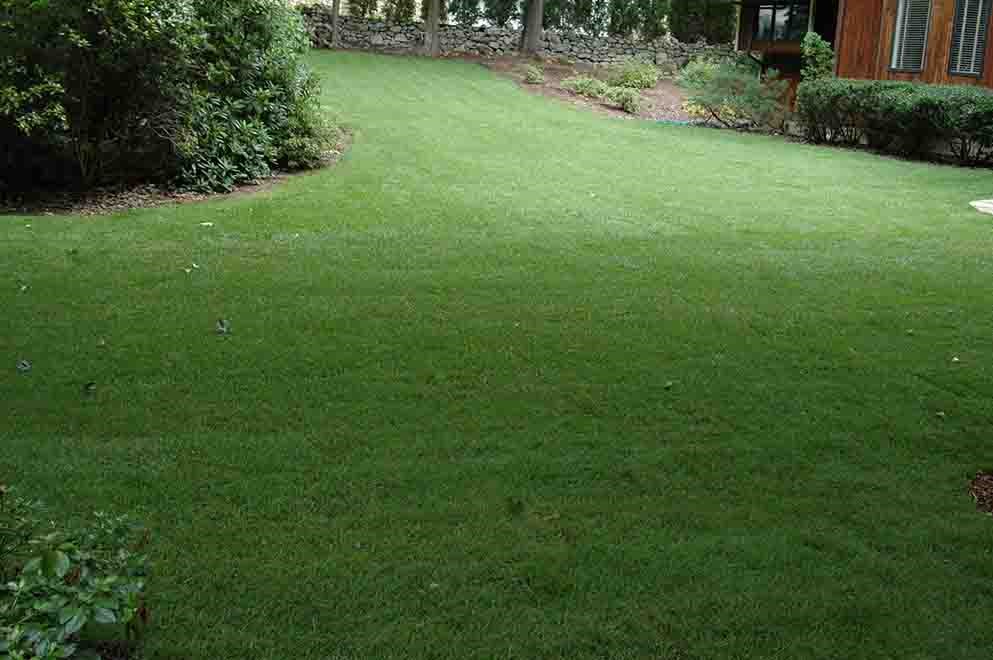
Homes and lawns in the Cascade Mountain Region benefit from the region's temperate climate, abundant rainfall, and diverse ecosystems. Lawns in this region have a wide range of grass species homeowners can choose from to create lush and vibrant growth.
Kentucky bluegrass thrives in the temperate climate and abundant rainfall of the Cascade Mountain Region. Its ability to maintain healthy lawns with consistent moisture from frequent rainfall makes it a popular choice for homeowners seeking lush green landscapes in this region.
Factors Impacting Lawn Care
- Rainfall Management: While the Cascade Mountain Region receives ample rainfall, homeowners must still manage water efficiently to prevent waterlogging and runoff. Proper drainage systems and soil amendments can help maintain optimal soil moisture levels for grass growth.
- Temperature Considerations: Mild temperatures in the Cascade Mountain Region support the growth of grasses with many different tolerance levels. Homeowners can choose grass varieties based on their specific preferences and lawn care requirements.
- Shade Management: In areas with dense forest canopy cover, homeowners may want to consider overseeding bare areas with a shade-tolerant species like rough bluegrass to create a more full and healthy lawn.
Colonial Bentgrass For The Western Lowlands
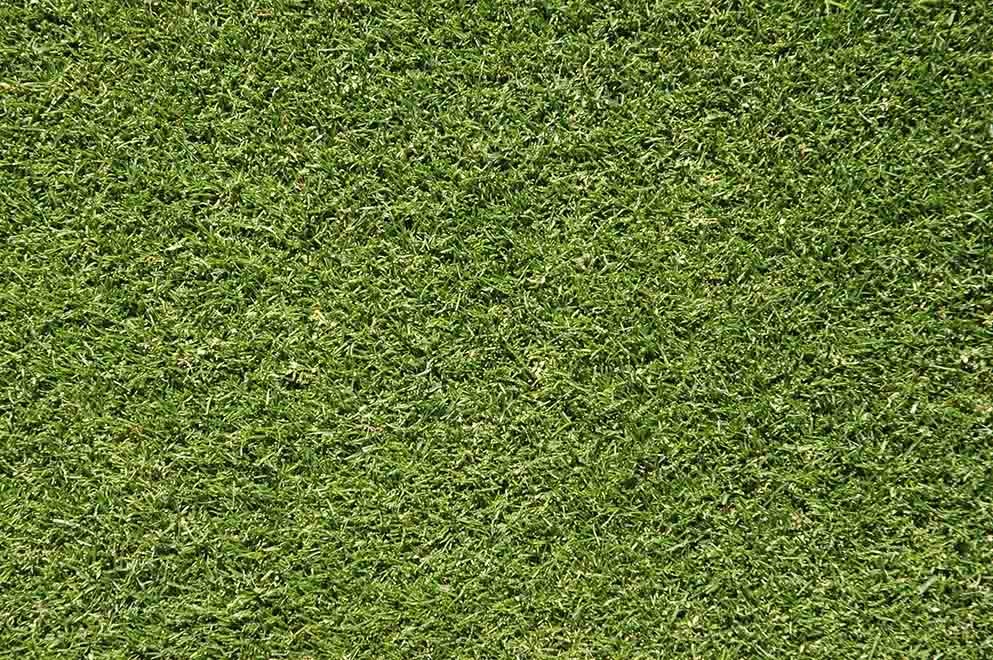
Landscapes in the Western Lowlands benefit from the region's maritime climate, mild temperatures, and fertile soils. Homeowners can create lush and vibrant lawns with proper lawn care practices and grass selection.
Colonial bentgrass is best suited for the Western Lowlands due to its adaptability to the region's maritime climate and fertile soils. Its ability to maintain vibrant lawns year-round, thanks to mild temperatures and consistent moisture from oceanic air masses, enhances the beauty of residential landscapes in this region.
Factors Impacting Lawn Care
- Moderate Climate: The maritime climate of the Western Lowlands provides ideal conditions for grass growth, with mild temperatures year-round and consistent moisture from oceanic air masses.
- Soil Quality: Fertile soils in the Western Lowlands support healthy grass growth, with high organic matter content and good drainage. Homeowners can enhance soil health with regular aeration and fertilization to promote lush and vibrant lawns.
- Microclimate Considerations: Variations in elevation and proximity to water bodies create microclimates within the Western Lowlands, influencing grass growth patterns. Homeowners should consider factors like isolated moisture and high winds in these areas.
Creeping Red Fescue For The Coastal Region
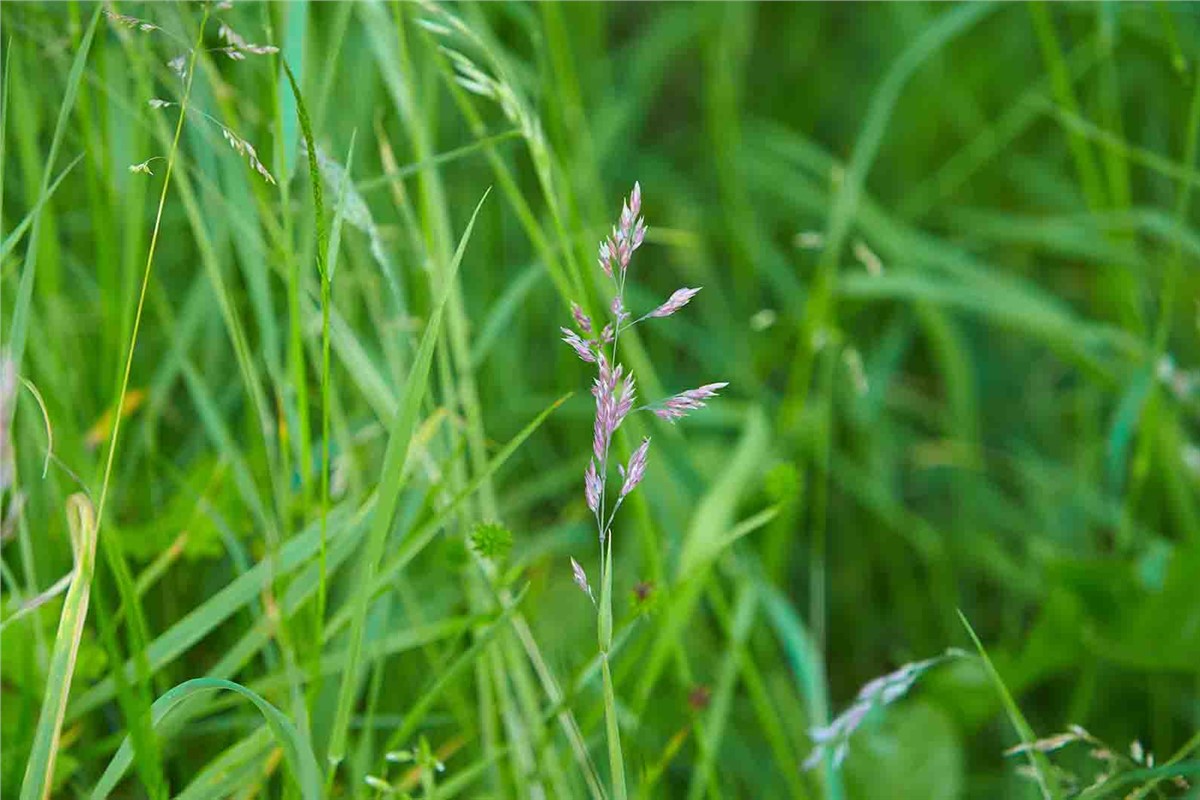
Residential areas along the coastal region of Washington state face unique challenges due to salt spray, coastal winds, and sandy soils. Homeowners must select grass species that can thrive in these coastal environments.
Creeping red fescue is well-adapted to sandy soils and tolerant of salt spray and coastal winds in the Coastal Region. Its resilience to coastal conditions allows it to maintain healthy and vibrant lawns in coastal areas, despite the challenges posed by the coastal environment.
Factors Impacting Lawn Care
- Salt Spray & Coastal Winds: Grasses in the Coastal Region must tolerate salt spray and strong coastal winds, which can cause desiccation and damage to foliage. Salt-tolerant grass species like seashore paspalum and saltgrass are well-suited for residential lawns in coastal areas.
- Sandy Soils: Coastal soils are often sandy and low in organic matter, requiring homeowners to select grass species that can thrive in well-drained soils. Drought-tolerant grasses are suitable choices for coastal lawns.
- Moderate Climate: The maritime climate of the Coastal Region provides mild temperatures year-round, supporting the growth of many cool-season grass species. Homeowners can select a wide variety of grasses based on their specific environmental conditions and aesthetic preferences.
Best Lawns In Vancouver, Washington
Anyone caring for a lawn in Washington state must consider the climate and conditions of the region in which they reside when planning a lawn care routine. Understanding the factors that impact grass growth in a specific area is a crucial part of maintaining healthy, lush lawns. If you are in the Vancouver area and want to ensure that you get the best grass type and lawn care services for your lawn, call Simple Lawns today! We have been servicing lawns in the area for years, and professionals like us know exactly how to get your grass to thrive this season!
Subscribe to Simple Lawns's Blog



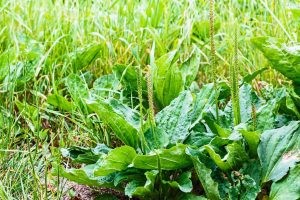
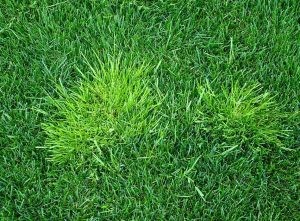
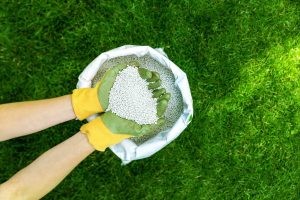
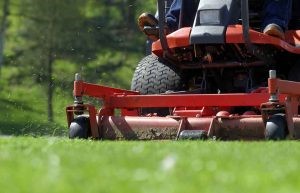
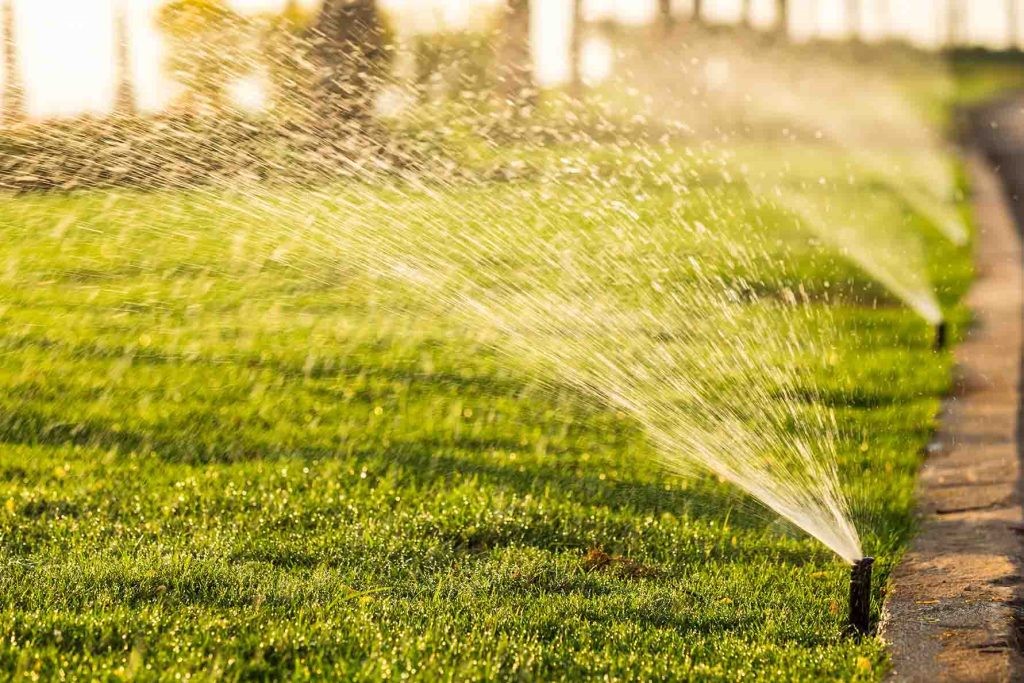

Comments